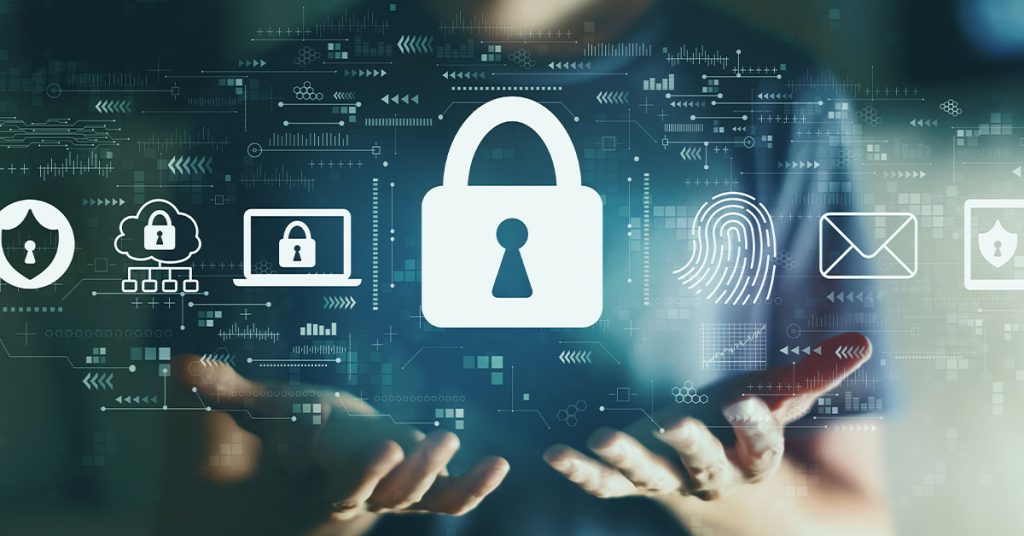Online banking offers undeniable convenience, but it also introduces security risks. To safeguard your hard-earned money, there are key steps you can take to protect your online banking information. The foundation of online banking security lies in strong passwords. Avoid using easily guessable information like birthdays or pet names. Instead, create long, complex passwords that incorporate a mix of uppercase and lowercase letters, numbers, and symbols. Resist the urge to reuse passwords across different accounts. A password manager can be a helpful tool to generate and store strong, unique passwords for each of your online accounts. Beyond passwords, two-factor authentication 2FA adds a crucial layer of defense. When enabled, 2FA requires a second verification step beyond your password, such as a code sent to your phone or generated by an authentication app. This extra hurdle significantly deters unauthorized access, even if someone manages to steal your password. Public Wi-Fi networks, while convenient, can be breeding grounds for hackers.

When accessing your bank account, avoid using public Wi-Fi. It is best to conduct your online banking on a trusted, private network at home. If using public Wi-Fi is unavoidable, consider using a virtual private network VPN to encrypt your internet traffic and add an extra layer of security. Phishing scams are a common tactic used by hackers to steal your login credentials. These scams often come in the form of emails or text messages that appear to be from your bank, enticing you to click a malicious link or download an attachment. Be wary of any communication that urges you to disclose personal information or take immediate action. Your bank will never ask for sensitive details via email or text message. If you are unsure about the legitimacy of a message, contact your bank directly through a trusted phone number or website. It is also important to keep your devices secure. Use a strong antivirus and anti-malware software to protect your computer and phone from malicious programs that could steal your information. Regularly update your operating system and applications to patch any security vulnerabilities. Avoid downloading software or clicking on links from untrusted sources.
When using your bank’s mobile app, make sure to download it directly from the official app store and not from third-party sources. Enable fingerprint or facial recognition login features on your phone if available. These features add an extra layer of security beyond a simple PIN or password. Finally, The Cyber Church monitor your bank statements regularly. Look for any unauthorized transactions and report them to your bank immediately. Most banks offer account alert options that can notify you via email or text message of any activity on your account, allowing you to quickly identify and address any suspicious transactions. By following these steps, you can significantly reduce the risk of online banking fraud and keep your hard-earned money safe. Remember, online security is an ongoing process. Stay vigilant, be cautious, and adopt these practices to ensure the safety of your online banking information.